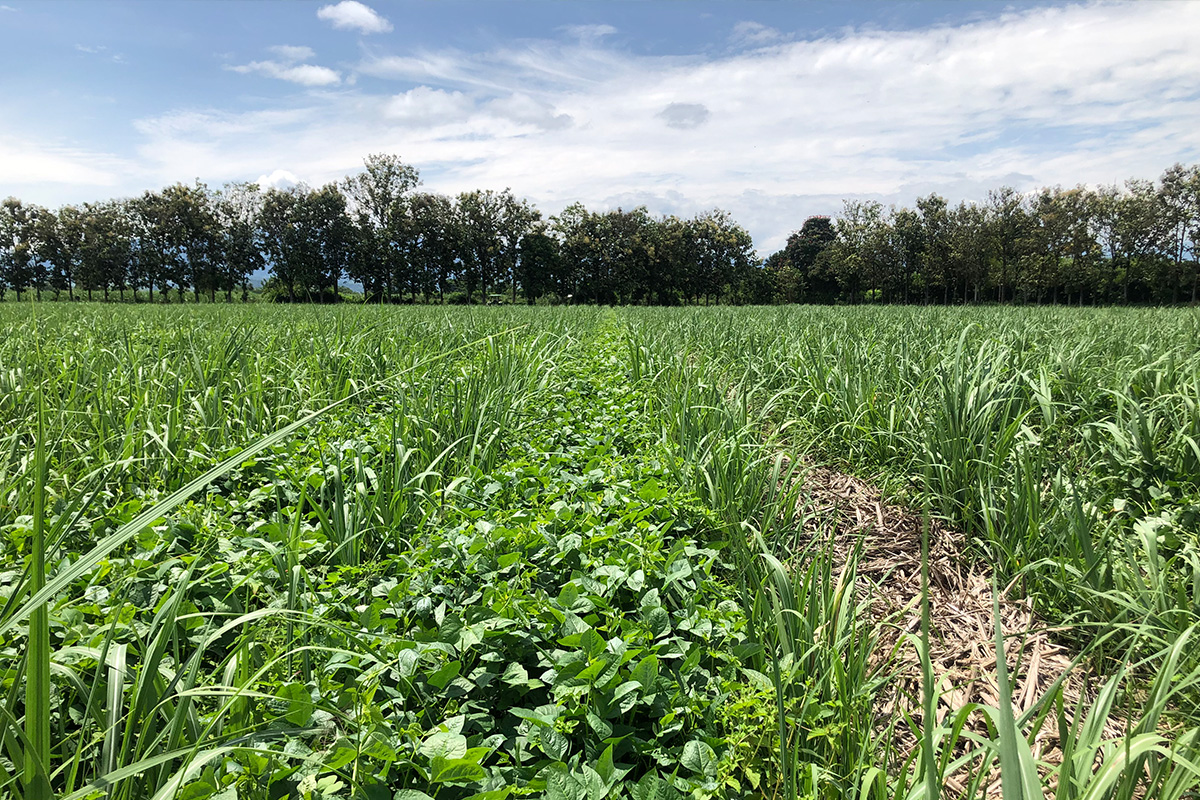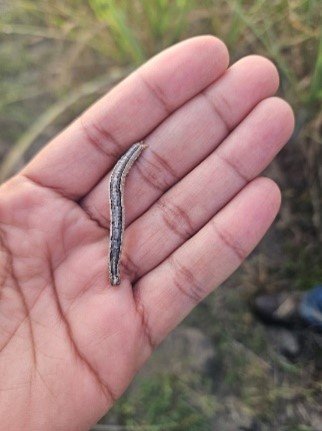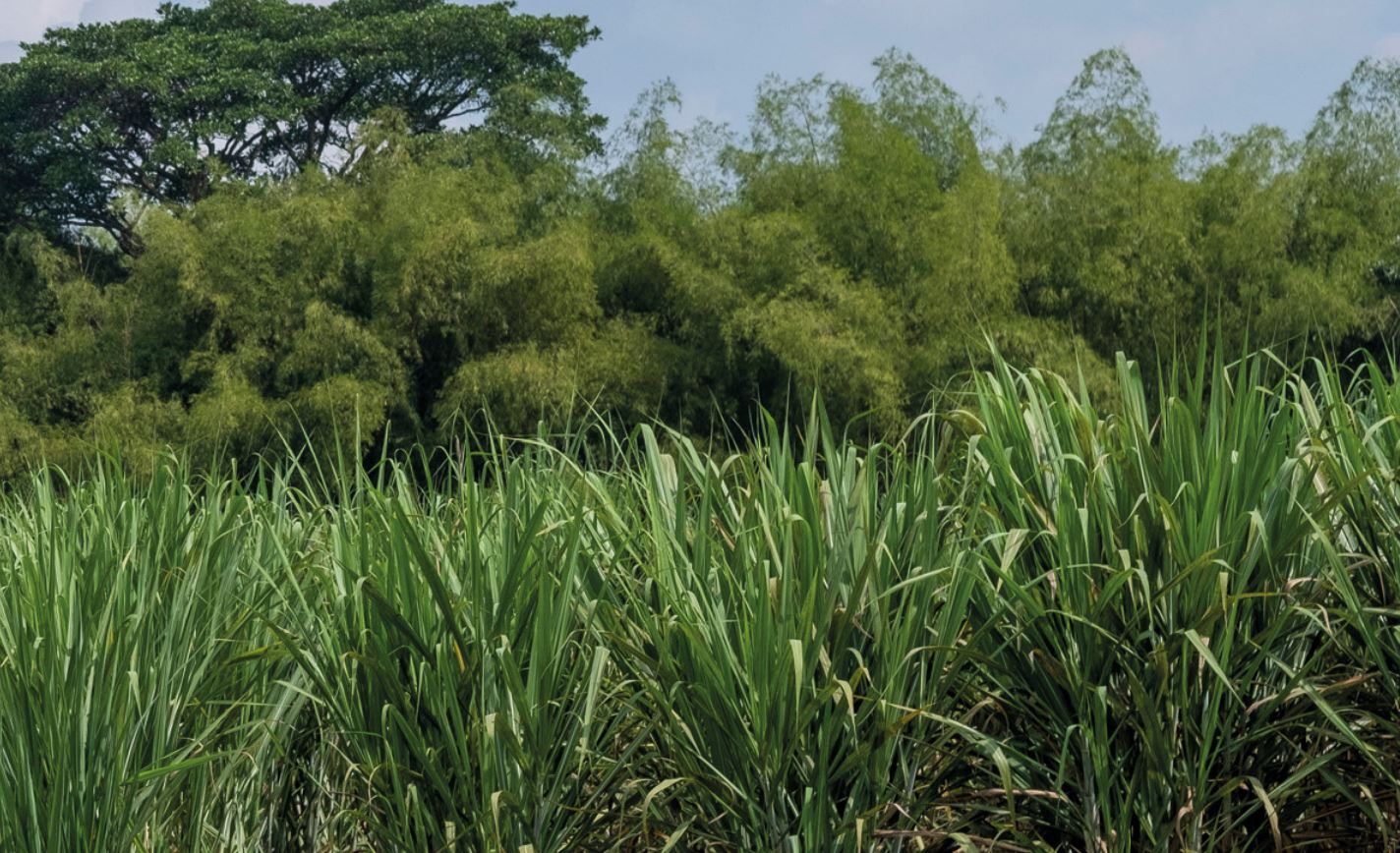Cenicaña shared with the environmental authority the research and technology projects with which sugar mills and growers seek to contribute to more environmentally friendly production processes.
The Regional Autonomous Corporation of Valle del Cauca, CVC, and the Colombian sugarcane agribusiness today took another step towards collaborative work in science, technology and innovation initiatives that contribute to the production processes, both agronomic and manufacturing, of sugar cane are more sustainable.
The director of the environmental entity, Marco Antonio Suárez, in a visit to the Center for Research on Sugar Cane in Colombia, Cenicaña, highlighted the efforts of the agro-industry, through the actions of the Fundación Fondo Agua por la Vida and Sustainability, the guide to good management practices for sustainable cultivation, the Caña Biodiversa research project, the calculation of the carbon footprint in ethanol production and the technologies developed for agriculture 4.0, all of these promoted from Cenicaña, with the support of sugar cane mills and growers.
“I have had the opportunity to know what Cenicaña does, the important research they carry out not only for the benefit of sugarcane cultivation, but also for all the processes that are carried out in a sustainable way in Valle del Cauca. The CVC is an ally, it is a friend they can count on because we identify with many of the initiatives they lead, ”said Marco Antonio Suárez, director of the CVC.
For his part, the director of Cenicaña, Freddy Fernando Garcés Obando, highlighted the visit as “an opportunity to show what the sector has been doing in terms of environmental management and the joint work alternatives that it can find in Cenicaña in what we have come projecting: needs associated with climate change and in being more efficient in the use of different natural resources, such as water ”.
Likewise, Claudia Calero, president of Asocaña, insisted on the importance of these types of meetings because they serve to strengthen ties of cooperation and transfer the knowledge generated from agribusiness. "Today we share important research advances that fit with those sustainability bets that the region has through the CVC and that point to those goals that, as a State, we have in terms of reducing greenhouse gases, biodiversity and sustainability. integral".
In turn, the director of Procaña, Martha Betancourt, described the meeting as “an example of what can be done by working in alignment with state control entities, unions, our research center, mills and growers. We have realized that we are all seeking the same goal and that we can align those efforts to be more efficient. "
During a visit to the Cenicaña experimental station, located in the San Antonio de los Caballeros township, in Florida, Valle, the Director of the CVC learned from the voice of the researchers and on field trips, how Cenicaña monitors behavior watersheds of the region to validate the impact of conservation and recovery actions and how these influence the availability of surface and groundwater in the region.
Also, how the ethanol produced in the region could be key in reducing greenhouse gas emissions, and help Colombia meet its commitment to reduce 51% of its emissions by 2030 (Paris Agreement)
Also, in his tour, the Director of the CVC highlighted the work carried out by sugarcane growers through a guide to good management practices for sustainable cultivation, considering environmental education a priority through practices that "are not against productivity, but can contribute to the optimization of a crop ". Finally, the official learned about different technologies and tools that the sector uses today to advance to more sustainable field practices, from advances in the development of more efficient varieties of sugarcane in the use of water or the use of devices such as sensors of Matric potential to measure the amount of water retained in the soil and send, in real time, the data to the cloud through the IoT Network of the agribusiness.
Audio:















